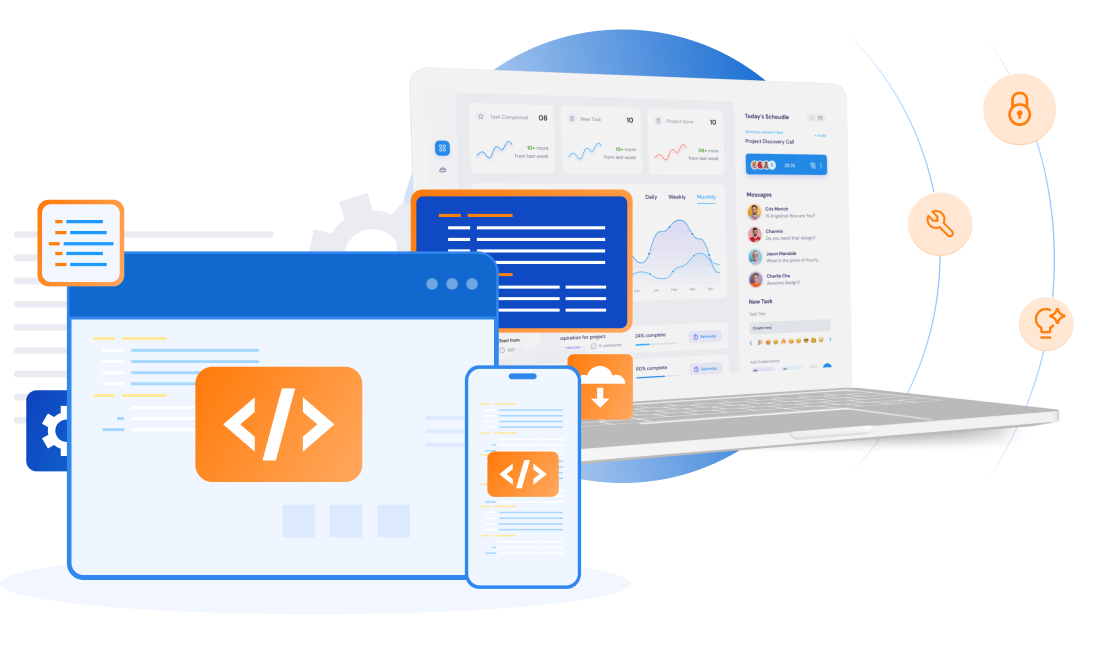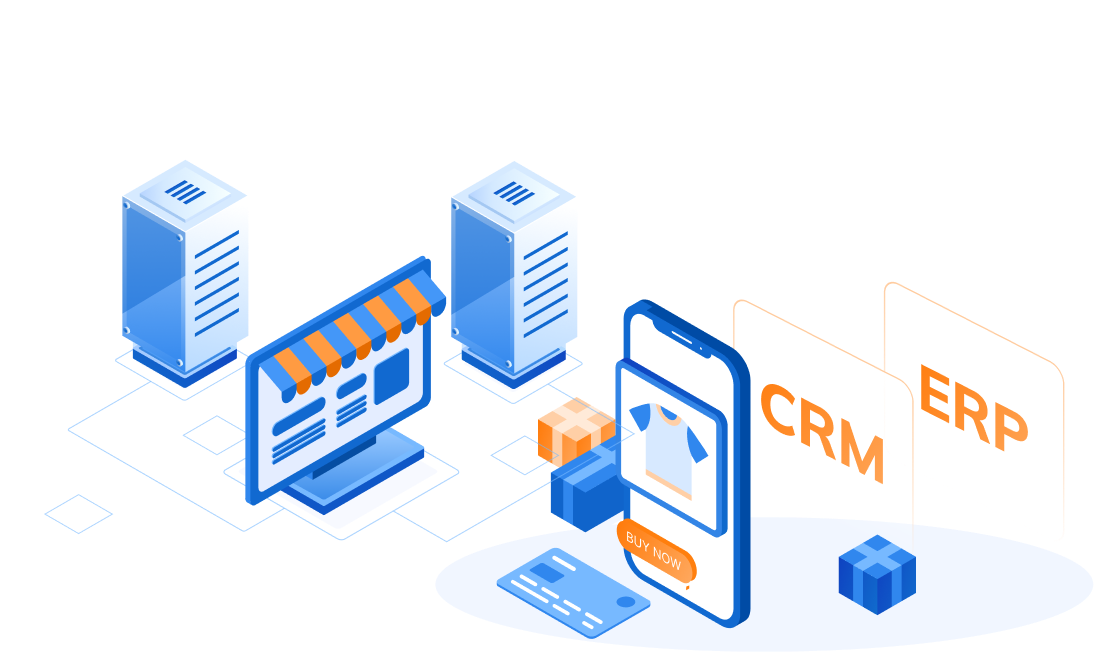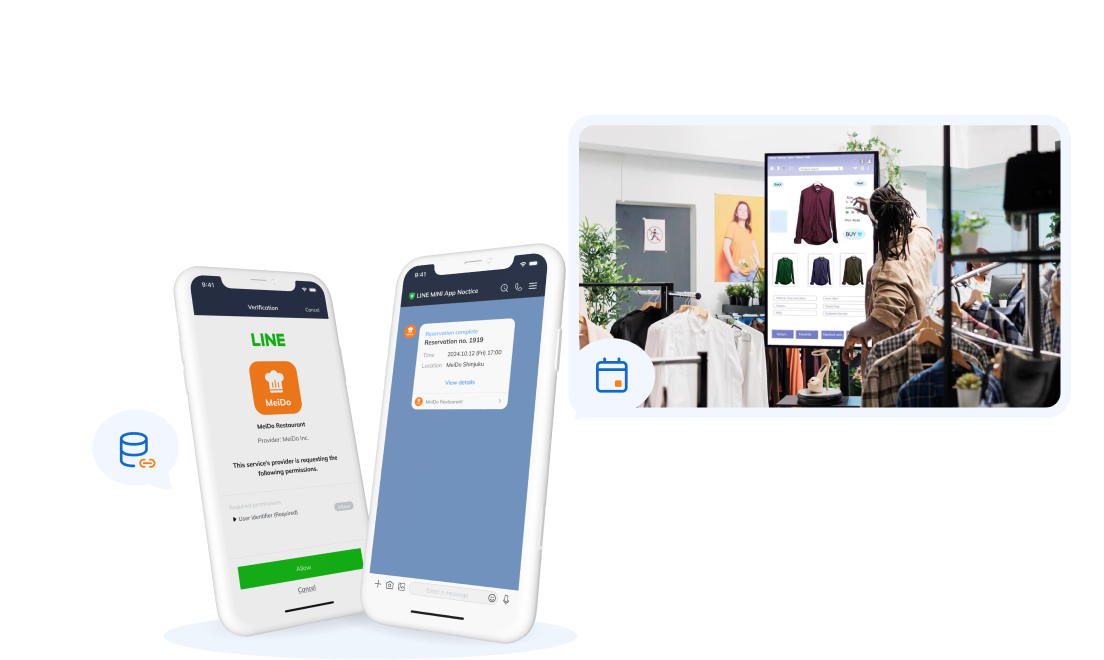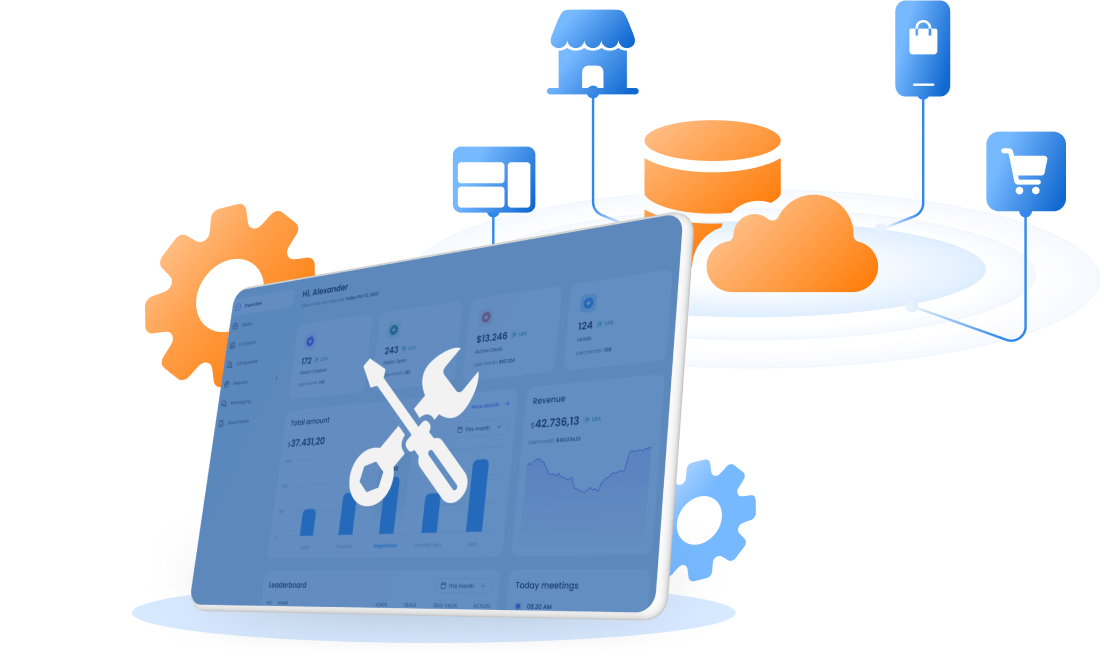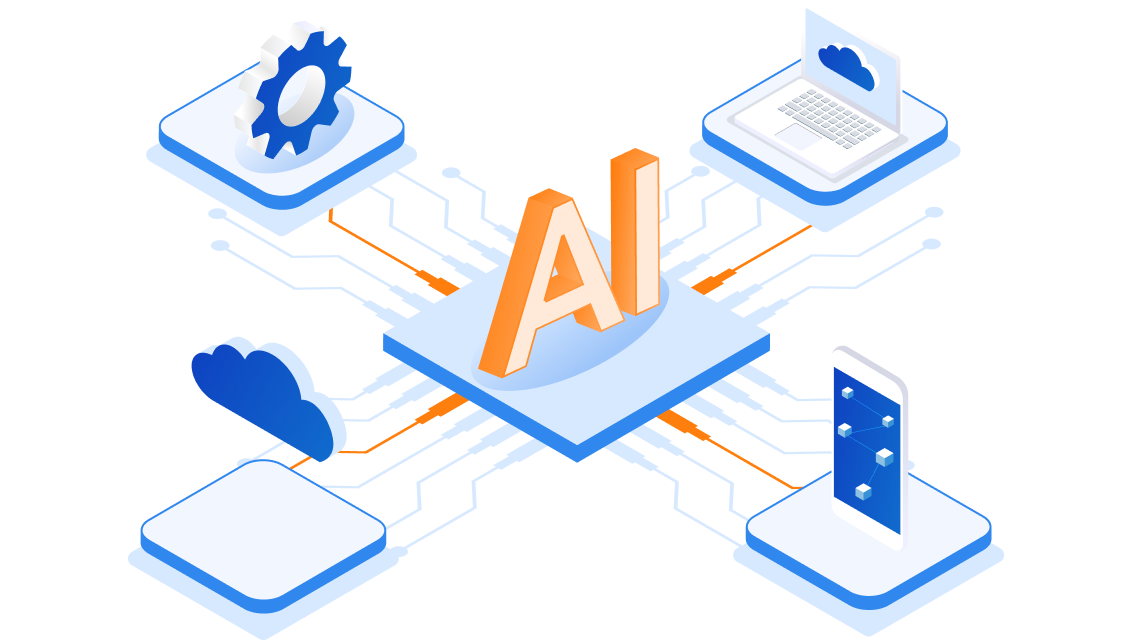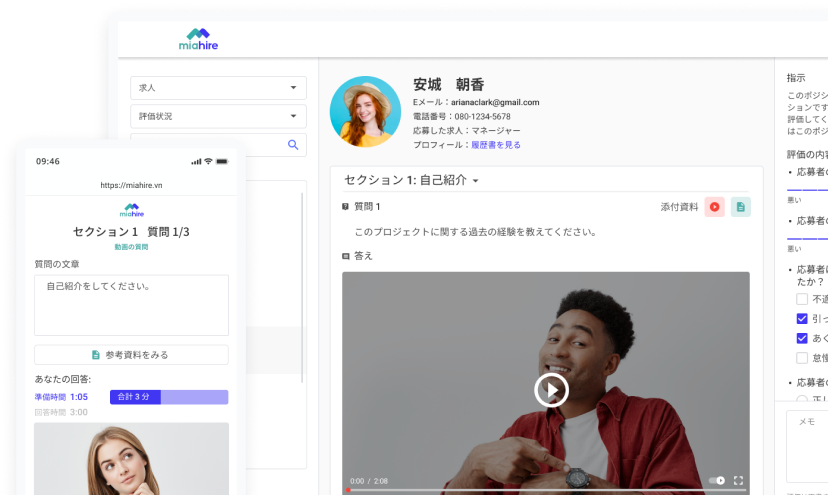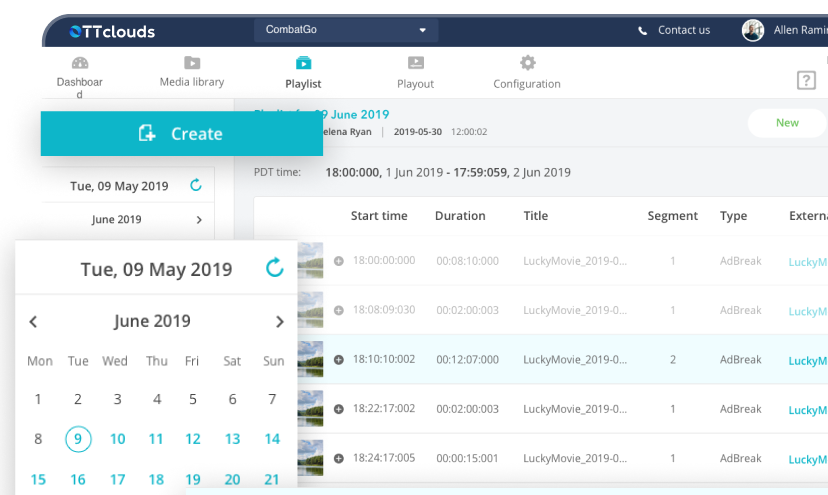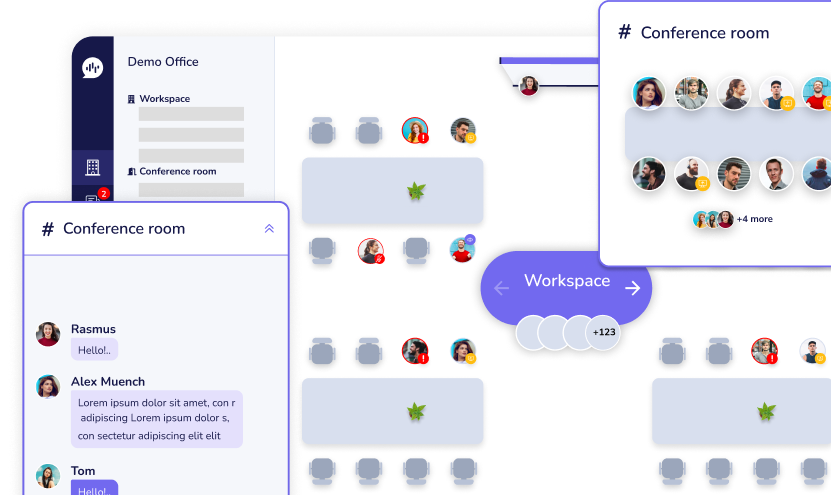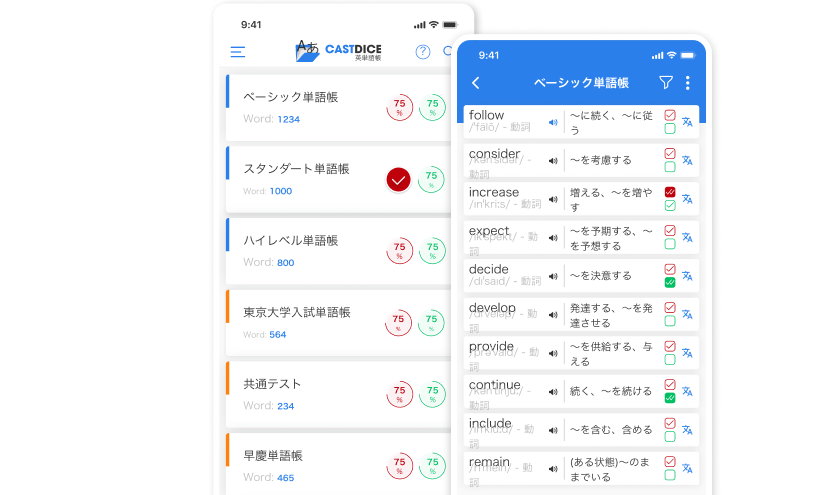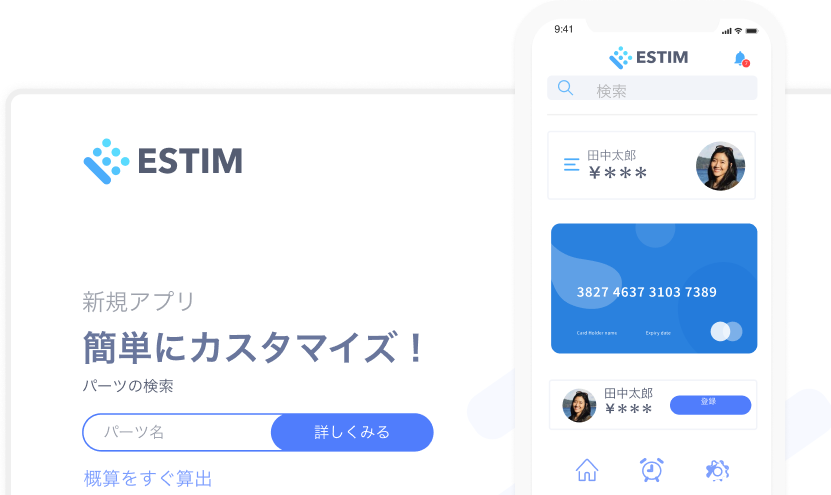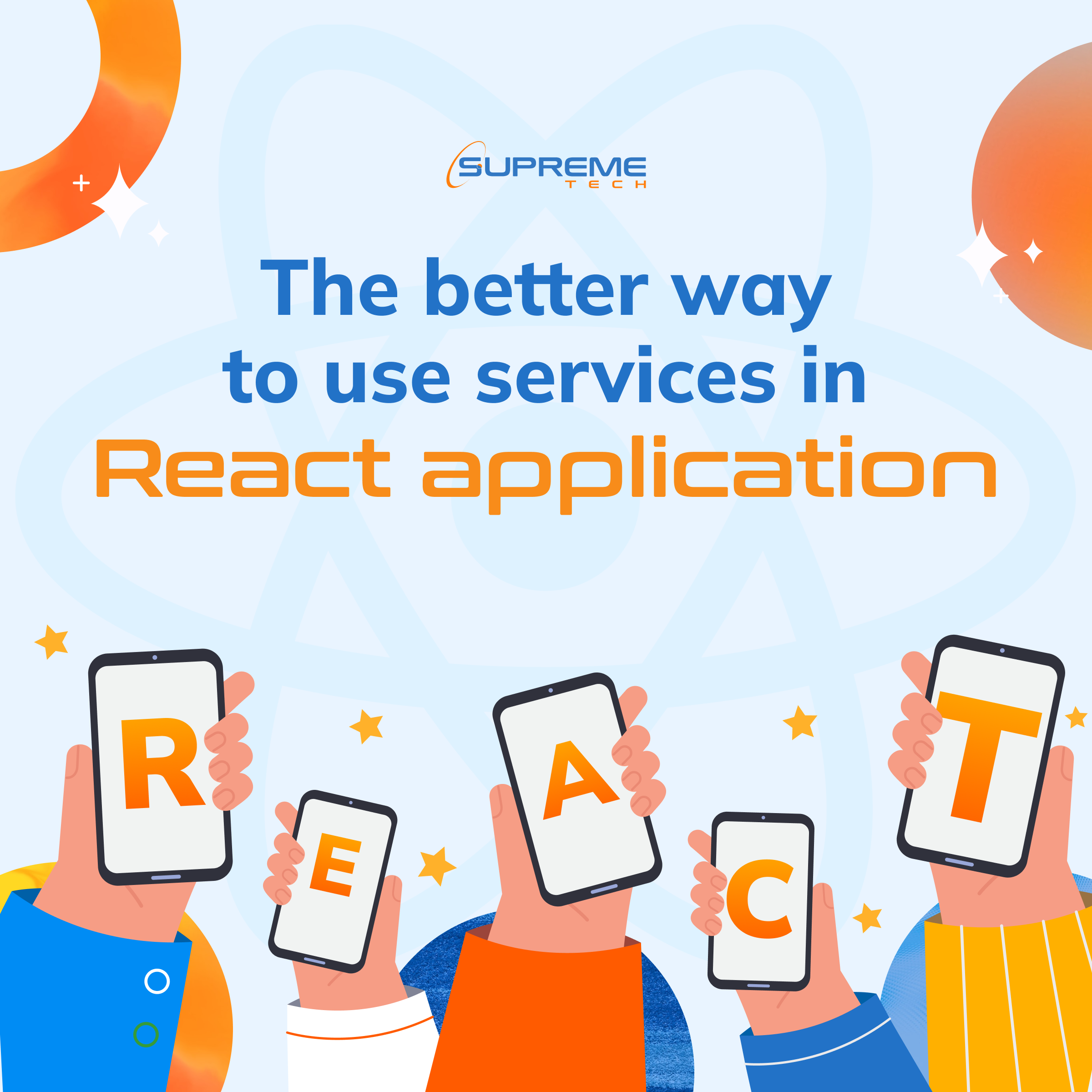Is Flutter Good for Web Development?
07/11/2023
799
Table of Contents
Hi tech fellows, welcome back to SupremeTech’s blog. Flutter, an open-source framework developed by Google, has gained immense popularity for building native mobile applications. However, its scope extends beyond mobile platforms, with a growing interest in using Flutter for web development. In this article, we will explore the question: Is Flutter good for web development?

Understanding Flutter
Flutter is a UI toolkit that allows developers to create natively compiled applications for mobile, web, and desktop from a single codebase. It uses the Dart programming language and offers a rich set of widgets and tools for building user interfaces. At first, Flutter’s primary use case has been mobile app development, where it has demonstrated its efficiency and capabilities.
The Journey to Flutter for Web
While Flutter was initially focused on mobile app development, it has been expanding its reach. The journey to Flutter for web began with the Flutter web project, which aimed to enable the development of web applications using Flutter. This initiative aimed to harness the power of Flutter’s single codebase and hot reload feature for web development.
The Advantages of Using Flutter for Web
1. Single Codebase
One of the most significant advantages of using Flutter for web development is the ability to maintain a single codebase. Developers can write code once and use it across multiple platforms, including mobile and web. This significantly reduces duplication of effort and simplifies the development process.
2. Hot Reload
Then, Flutter’s “hot reload” feature, which allows real-time code changes without losing the app’s state, is a valuable asset in web development. It facilitates rapid prototyping and efficient debugging, as developers can instantly see the results of code modifications. Therefore, this feature accelerates the development cycle and enhances developer productivity.
3. Consistency Across Platforms
Consistency in user interfaces and user experiences across different platforms is a critical consideration in web development. Flutter’s widget system, which represents everything in the UI as widgets, enables developers to create adaptable and customizable UI components. This ensures that the web app’s design language remains consistent with its mobile counterparts.

4. Performance
Flutter for web compiles to optimized JavaScript, resulting in efficient and high-performance web applications. As a result, the performance is notably improved when compared to traditional web development technologies.
5. Extensive Widget Library
Flutter offers an extensive widget library that can be used for web development. These widgets can be customized to match the web app’s branding and design, making it easier to create a consistent and visually appealing user interface.
6. Rich Ecosystem
Flutter’s rich ecosystem includes packages, plugins, and tools that simplify web development. It provides a vast array of options for developers to leverage and enhance their web applications.
7. Developer Community
Flutter boasts a rapidly growing and active developer community. This community provides resources, support, and a wealth of shared knowledge that can be invaluable for web developers using Flutter.
Considerations and Limitations
While Flutter for web offers compelling advantages, there are also considerations and limitations to keep in mind.
1. Immaturity
Since Flutter for web is still evolving, it can be considered relatively immature compared to established web development frameworks like React or Angular. This means there may be occasional issues, and certain features or libraries may not be fully compatible.
2. Platform-Specific Features
If a web application relies heavily on platform-specific features, it may not be the best candidate for Flutter. Hence, Flutter’s strength lies in its cross-platform capabilities, and extensive customization for platform-specific features might require extra effort.
3. SEO and Web Standards
SEO (Search Engine Optimization) and adherence to web standards are crucial for web development. While Flutter for web has made progress in addressing these concerns, it is important to ensure that the web application complies with SEO best practices and web accessibility standards.
4. Learning Curve
Adapting to Flutter’s programming model and Dart language may involve a learning curve for developers who are more familiar with other web development technologies.
The Future of Flutter for Web
The future of Flutter for web is promising. Google continues to invest in the framework’s development, addressing issues and enhancing its capabilities. As Flutter matures, it is likely to become a more viable and competitive option for web development.
So, is Flutter good for web development?
The answer depends on the specific requirements of your web project. Flutter offers several advantages, including a single codebase, hot reload, consistency, and performance, which make it a compelling choice for web development. However, it is important to consider the maturity of the framework, platform-specific requirements, SEO considerations, and the learning curve.
As Flutter for web continues to evolve and grow, it has the potential to become a formidable player in the web development landscape. In conclusion, the decision to use Flutter for web should be based on a careful evaluation of your project’s needs, goals, and the available resources, as well as the ever-evolving capabilities of the framework.
Contact us if you’re looking for Flutter web/app development services!
Related Blog


